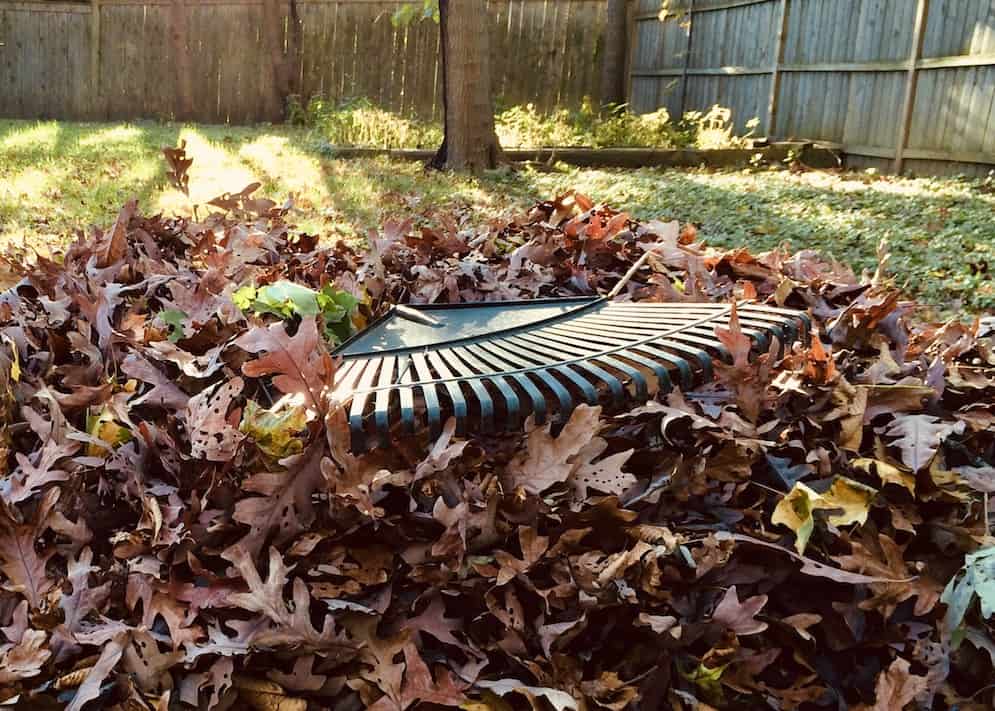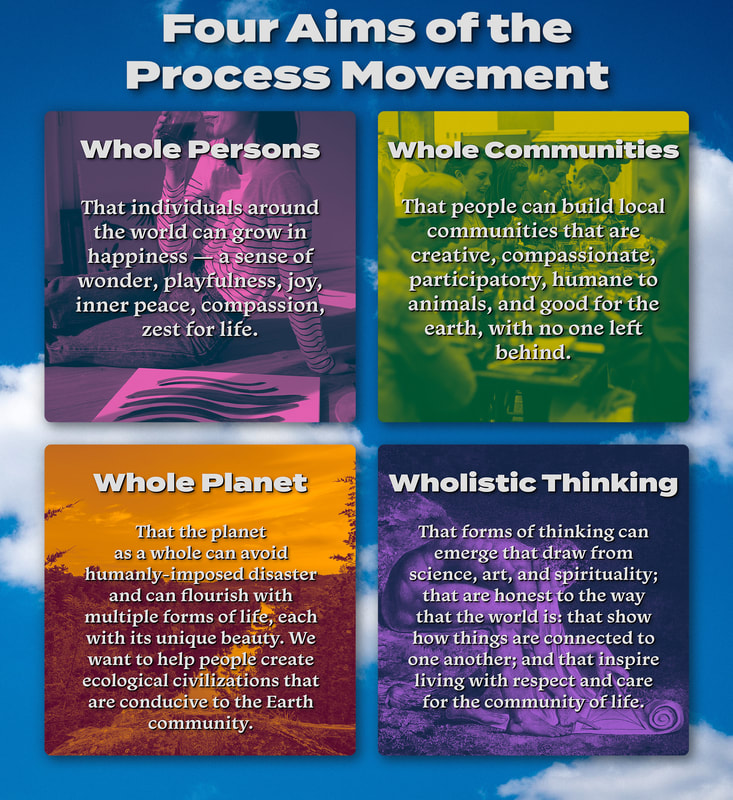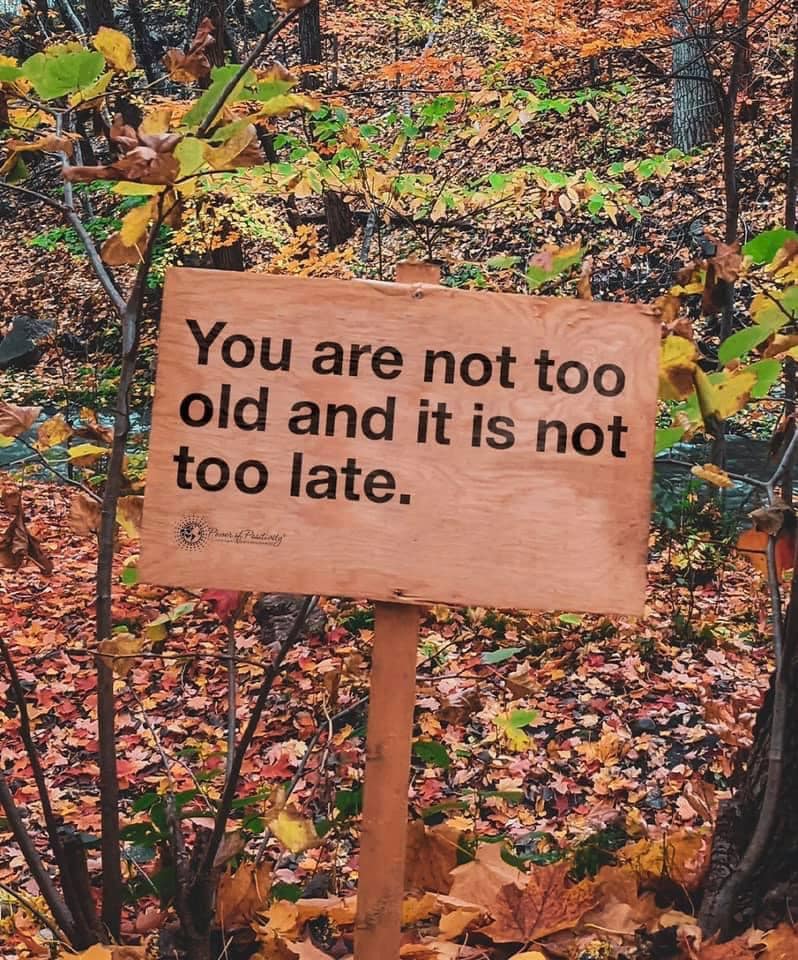- Home
- Process Worldview
- Community
- Art and Music
- Whitehead and Process Thinking
- Podcasts
- Spirituality
- Ecological Civilization
- Education
- Contact
- Social Justice
- Science
- Animals
- Sacred Poems
- Whitehead Videos
- Index of All Titles
- Practicing Process Thought
- Process Spirituality: A Spiritual Alphabet
- Recent Posts
Raking Leaves as an Act of Hope
excerpt from RAKING HOPE by Emily Ruth Mace
Killing the Buddha, October 30, 2020
To me, though, this simple act of caring for my home in order to prepare for winter feels like an absurd act of hope. Hope that if there is a fall, if there are leaves, winter is not far away, and the seasons will still change. This past summer, I used last year’s compost to nourish my garden. Raking reminds me that the hard work that comes with this season of a dying world may still one day yield to spring and nourishment.
Nourishment or not, raking feels like a Hail Mary for a changing world. I can’t help but think about my warm bare arms reaching into apple trees, and all the other ways the world is changing. Raking, despite its day-to-day futility, suggests that the climate’s shifting patterns have not yet wreaked total havoc on this world. Instead, if I can just rake fall leaves for one more autumn, perhaps there’s a way to hold onto one of the things I love best about this planet before the warmth we humans have added threatens to change the pattern of the leaves forever. It reminds me that maybe, just maybe, hope will not flicker like an ember and die, but will find a better fuel, and flourish.
What’s more, raking feels like hope because it’s hard and sometimes futile work, because even though the leaf blower I refuse to use would make it easier to clear the debris from behind bushes and hard-to-reach places, the rake lets me proceed with care, scooping around the bottom of a bush and leaving some leaves behind for a small creature to use as warmth to endure the winter. With each swooping scrape of the rake across grass, cement, or wood, raking leaves reminds me that caring for people and the world we live in isn’t always easy; sometimes results only come after hard effort, over and over again until the job is done and the home is ready for winter—ready for what comes next.
- Emily Ruth Mace, Raking Hope, in Killing the Buddha (October 30, 2020)
Nourishment or not, raking feels like a Hail Mary for a changing world. I can’t help but think about my warm bare arms reaching into apple trees, and all the other ways the world is changing. Raking, despite its day-to-day futility, suggests that the climate’s shifting patterns have not yet wreaked total havoc on this world. Instead, if I can just rake fall leaves for one more autumn, perhaps there’s a way to hold onto one of the things I love best about this planet before the warmth we humans have added threatens to change the pattern of the leaves forever. It reminds me that maybe, just maybe, hope will not flicker like an ember and die, but will find a better fuel, and flourish.
What’s more, raking feels like hope because it’s hard and sometimes futile work, because even though the leaf blower I refuse to use would make it easier to clear the debris from behind bushes and hard-to-reach places, the rake lets me proceed with care, scooping around the bottom of a bush and leaving some leaves behind for a small creature to use as warmth to endure the winter. With each swooping scrape of the rake across grass, cement, or wood, raking leaves reminds me that caring for people and the world we live in isn’t always easy; sometimes results only come after hard effort, over and over again until the job is done and the home is ready for winter—ready for what comes next.
- Emily Ruth Mace, Raking Hope, in Killing the Buddha (October 30, 2020)
A Tender Care that Nothing be Lost
There is something disheartening about raking leaves, especially if you are interested in permanent results. The process is never complete; there will be more leaves next year if not tomorrow; and you’ll need to rake again. If there is to be pleasure and wisdom in the raking, it must include an acceptance of provisional, temporary goals as worthy, along with the mindfulness and care that go into the raking.
We in the process movemeng speak of four hopes that can inspire us today: (1) that individuals can be whole persons, filled with love, creativity, gratitude, justice, and a sense of wonder; (2) that we humans can help build and live in whole or compassionate communities that are just, sustainable, and joyful, and that are good for animals and the Earth as well as people; (3) that we can help sustain a whole planet in which other living beings as well as humans flourish in mutually enhancing ways, and (4) that we humans will come to think holistically, in ways that integrate science, art, etc. These are noble hopes indeed. But we best remember that, even if they are approximated in meaningful ways, there will always be a need for raking. And we likewise remember, along with Emily Ruth Mace above, that raking itself is an act of hope.
Life is a process, say the process theologians, and this process includes the perishing of things in the present, so that new things can emerge in the future. Whitehead calls it perpetual perishing. Raking, then, is an invitation to make our peace with impermanence, to enjoy the process for the pleasure it brings, and to embrace the fact that our hopes for life on earth are worth approximating, not because the approximations will last forever, but because even in their temporal finitude they add beauty to the larger whole.
That larger whole is the adventure of the Universe as a single life. It is God as the sacred whole of the universe. This means that as we rake leaves, the leaves become part of the larger adventure, part of God. Even as leaves are raked and then burned, the burning is not the whole story. Each leaf is remembered in the ongoing life of God for what it was, with its fragility and preciousness. And we ourselves are likewise remembered. The leaves aren't lost, and we aren't either. Whitehead speaks of God as a tender care that nothing be lost (Process and Reality, 525) As we carefully rake, to use Emily Ruth Mace's language, we rake into the tender care. Careful raking includes an intuitive understanding that there is something caring in the larger whole of the universe. Careful raking is an act of faith, an act of raking into the tender Care. It's never too late.
- Jay McDaniel, 06/12/21
We in the process movemeng speak of four hopes that can inspire us today: (1) that individuals can be whole persons, filled with love, creativity, gratitude, justice, and a sense of wonder; (2) that we humans can help build and live in whole or compassionate communities that are just, sustainable, and joyful, and that are good for animals and the Earth as well as people; (3) that we can help sustain a whole planet in which other living beings as well as humans flourish in mutually enhancing ways, and (4) that we humans will come to think holistically, in ways that integrate science, art, etc. These are noble hopes indeed. But we best remember that, even if they are approximated in meaningful ways, there will always be a need for raking. And we likewise remember, along with Emily Ruth Mace above, that raking itself is an act of hope.
Life is a process, say the process theologians, and this process includes the perishing of things in the present, so that new things can emerge in the future. Whitehead calls it perpetual perishing. Raking, then, is an invitation to make our peace with impermanence, to enjoy the process for the pleasure it brings, and to embrace the fact that our hopes for life on earth are worth approximating, not because the approximations will last forever, but because even in their temporal finitude they add beauty to the larger whole.
That larger whole is the adventure of the Universe as a single life. It is God as the sacred whole of the universe. This means that as we rake leaves, the leaves become part of the larger adventure, part of God. Even as leaves are raked and then burned, the burning is not the whole story. Each leaf is remembered in the ongoing life of God for what it was, with its fragility and preciousness. And we ourselves are likewise remembered. The leaves aren't lost, and we aren't either. Whitehead speaks of God as a tender care that nothing be lost (Process and Reality, 525) As we carefully rake, to use Emily Ruth Mace's language, we rake into the tender care. Careful raking includes an intuitive understanding that there is something caring in the larger whole of the universe. Careful raking is an act of faith, an act of raking into the tender Care. It's never too late.
- Jay McDaniel, 06/12/21




